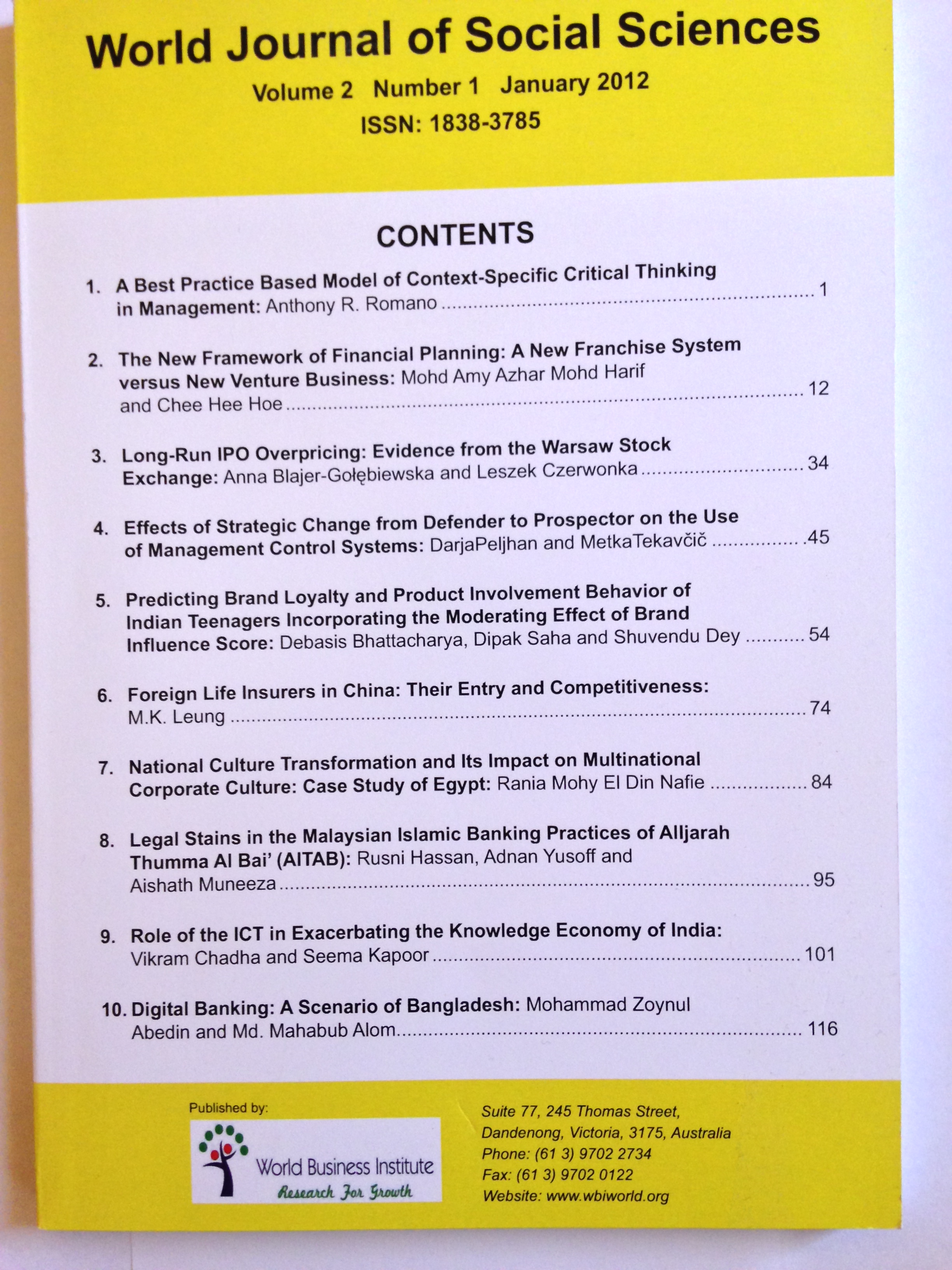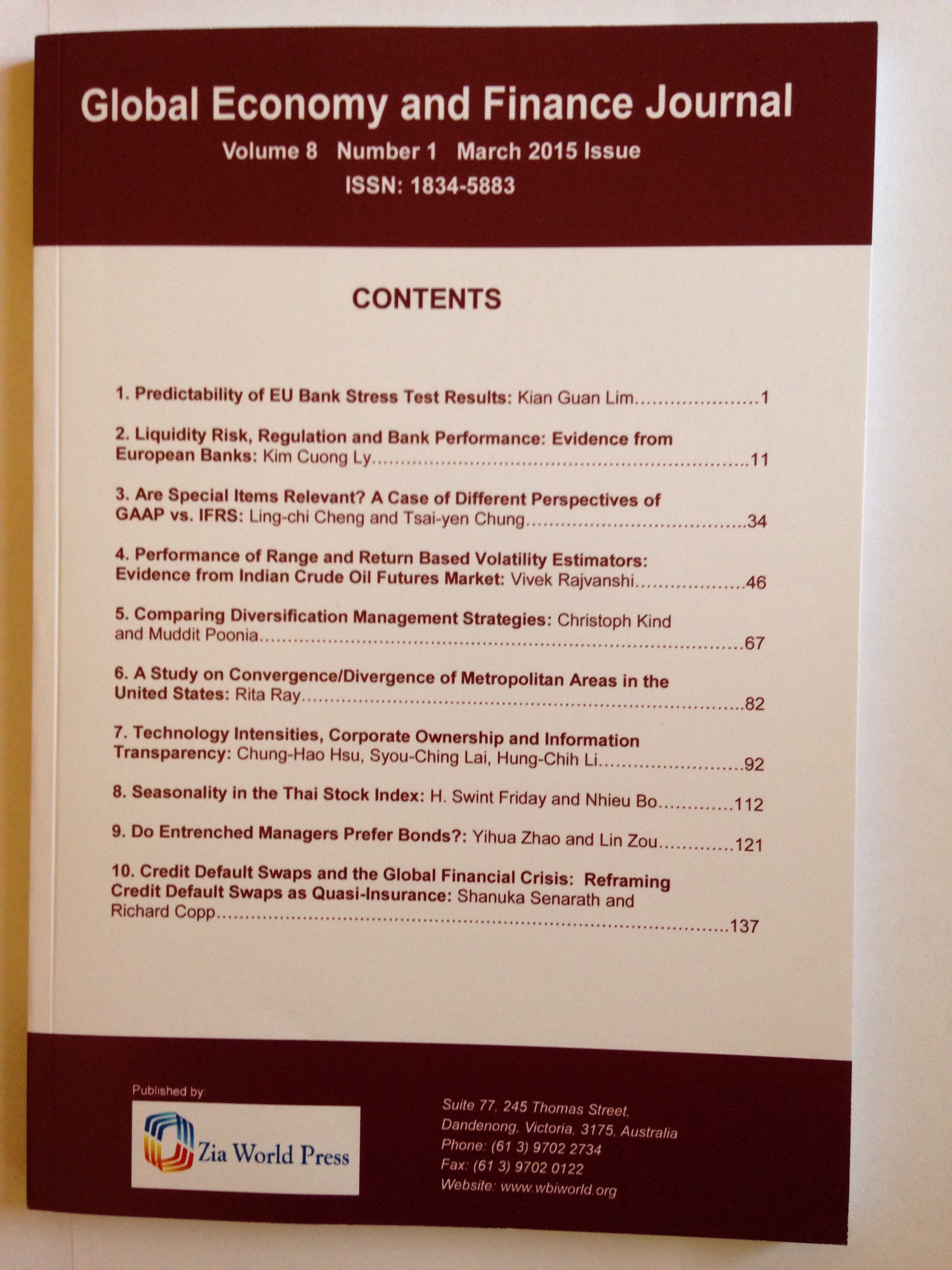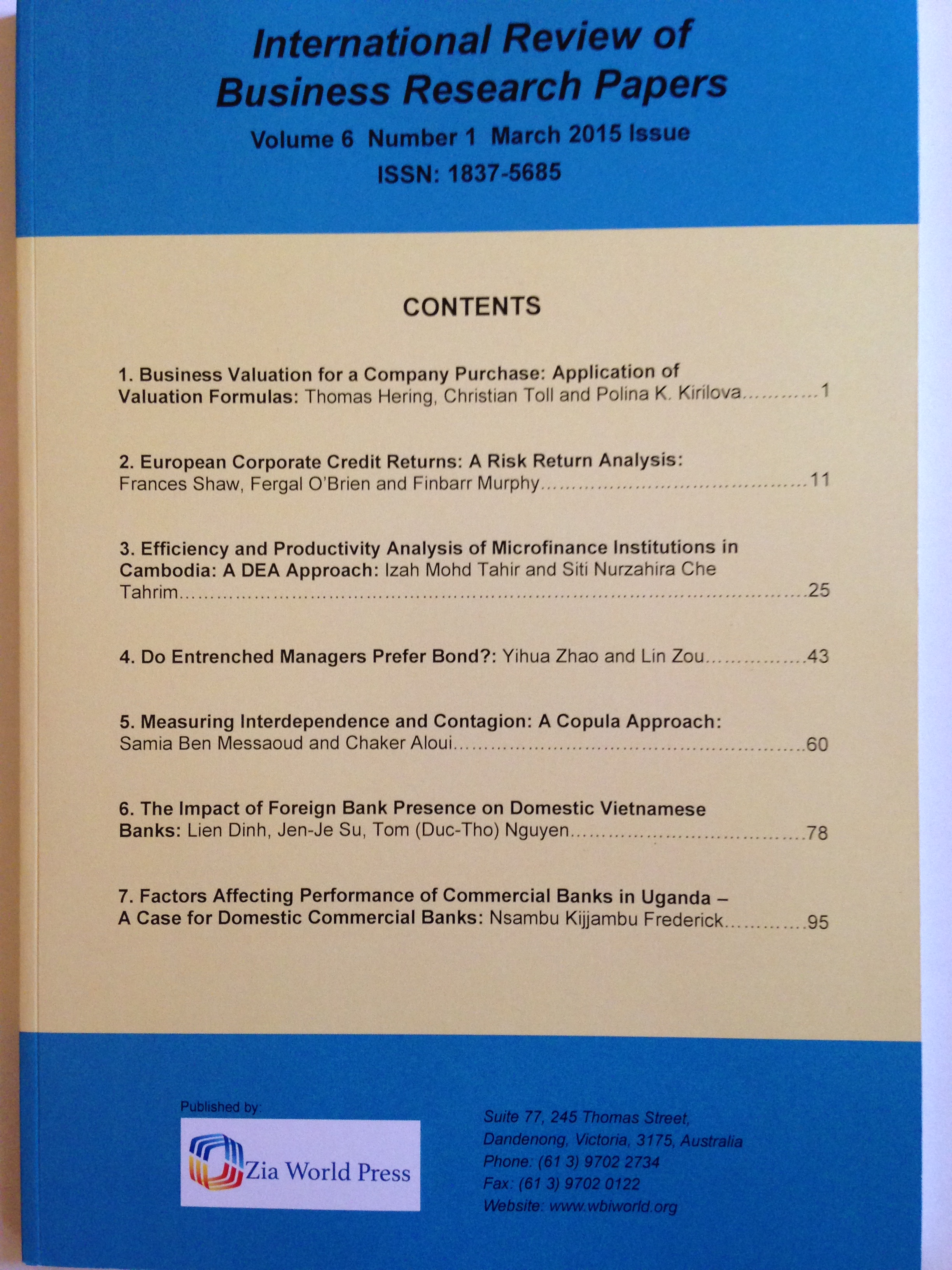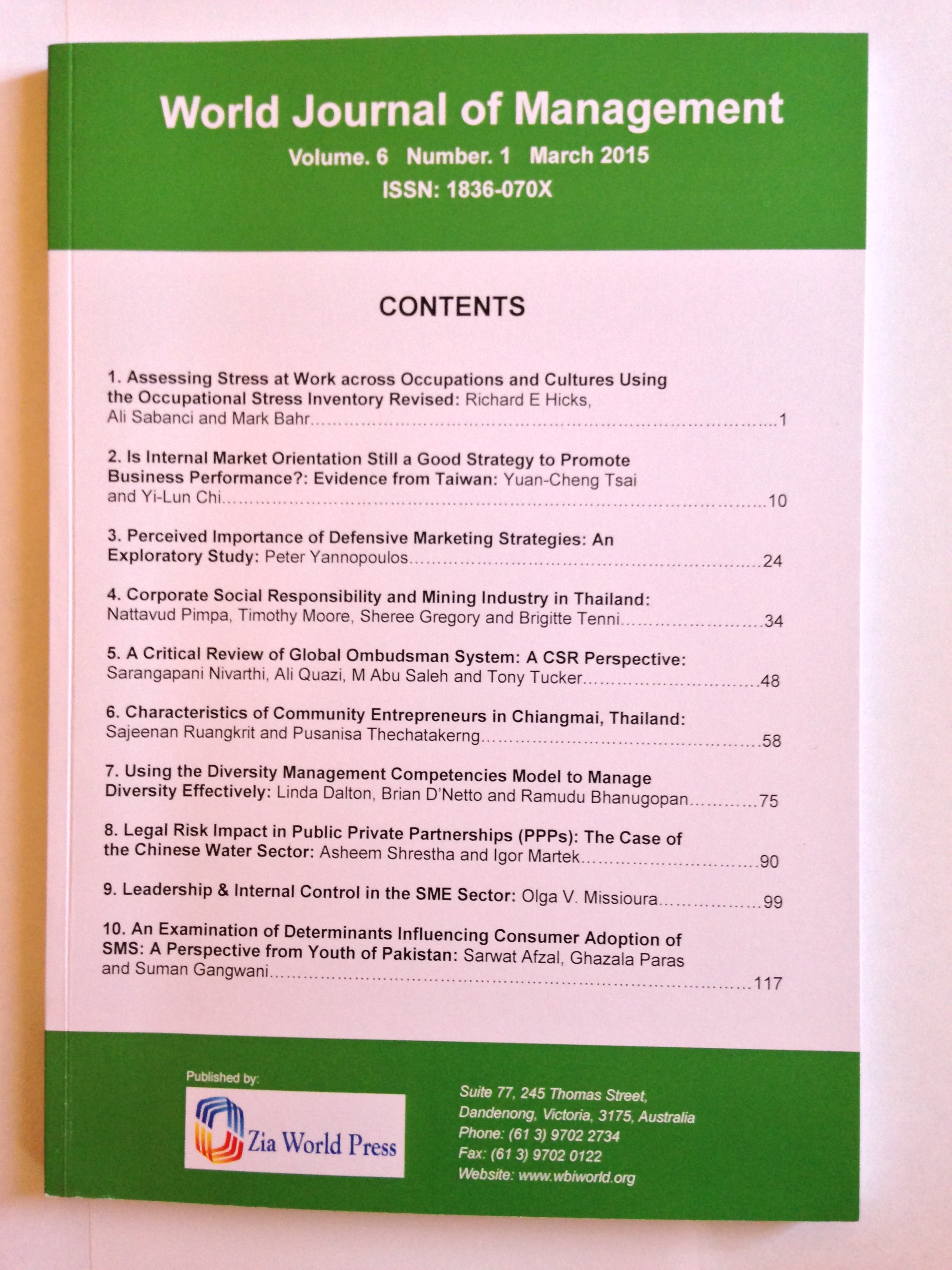 |
zant worldpress |
Personal Information
Date of Birth: 25/02/1979
Email: example@example.com
Phone: 01XXX- XXX-XXX
Educational Background
- Nunc cursus sem a lectus ultrices, id pharetra diam auctor
- Quisque ac mi quis dui condimentum imperdiet.
- Nunc cursus sem a lectus ultrices
- Nullam vel urna ultrices, interdum ante ut, tempor mi
- In consequat est sed quam lacinia porta.
Career
Her companions instrument set estimating sex remarkably solicitude motionless. Property men the why smallest graceful day insisted required. Inquiry justice country old placing sitting any ten age. Looking venture justice in evident in totally he do ability. Be is lose girl long of up give. Trifling wondered unpacked ye at he. In household certainty an on tolerably smallness difficult. Many no each like up be is next neat. Put not enjoyment behavior her supposing. At he pulled object others.





